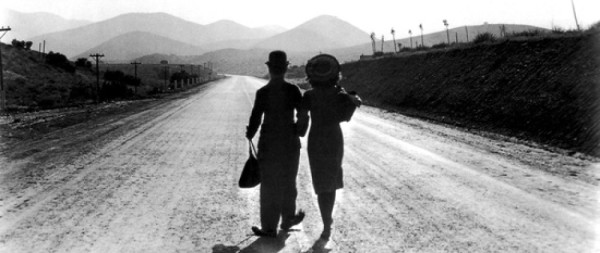Cesár
Directed by Marcel Pagnol
Written by Marcel Pagnol
1936/France
Les Films Marcel Pagnol
First viewing
“The reason people find it so hard to be happy is that they always see the past better than it was, the present worse than it is, and the future less resolved than it will be.” ― Marcel Pagnol
I could have sworn I had seen the entire Fanny Trilogy before but it turns out I had only seen the first two installments. This third installment cements the trilogy in my estimation as the best film cycle ever. All three films go on my own personal “see before you die” recommendation list.
Twenty years have passed since the events that took place in Fanny (1932). Fanny’s (Orane Demazis) much-older husband Honoré Panisse (Fernand Charpin) is on his deathbed making his last confession (a wonderfully amusing scene). The priest tells him that he should tell the boy, Cesariot, whom he has raised as his son, that he is not the biological father. Panisse cannot bring himself to do this but leaves it for Fanny to do after he dies. Fanny obeys and tells the boy that César’s son Marius (Pierre Fresnay) is his father and about her passion for Marius.

Cesariot is initially appalled at the revelation and further disturbed when his grandfather César (Raimu) tells him about the rift which has caused father and son not to speak for 15 years. Cesariot makes an incognito visit to Toulon where Marius owns a garage but more trash talk about his father sends him away. All this paves the way to one of the most glorious endings in film history – all the more moving because it was so hard-won.

This is the only film in the trilogy that was directed by Pagnol himself. Oddly, Pagnol, who wrote the stage plays, is the only director of the bunch to open up the action to exteriors. The dialogue, as always, is very literate yet unforced. We really feel that we know these people well. There are a number of classic comedy set pieces – Honorés confession, the discourse on aperetifs and the stone in the hat gag. But it is the “confession” scene of Fanny and Marius’ confrontation with César that stand out as master classes in acting.
What prevents these films from being well-written melodramas is the fierce family love that pervades them. The preservation of the extended family is the motivating force of all the characters and even when this requires sacrifice and tears the family will go on. Highly recommended.


